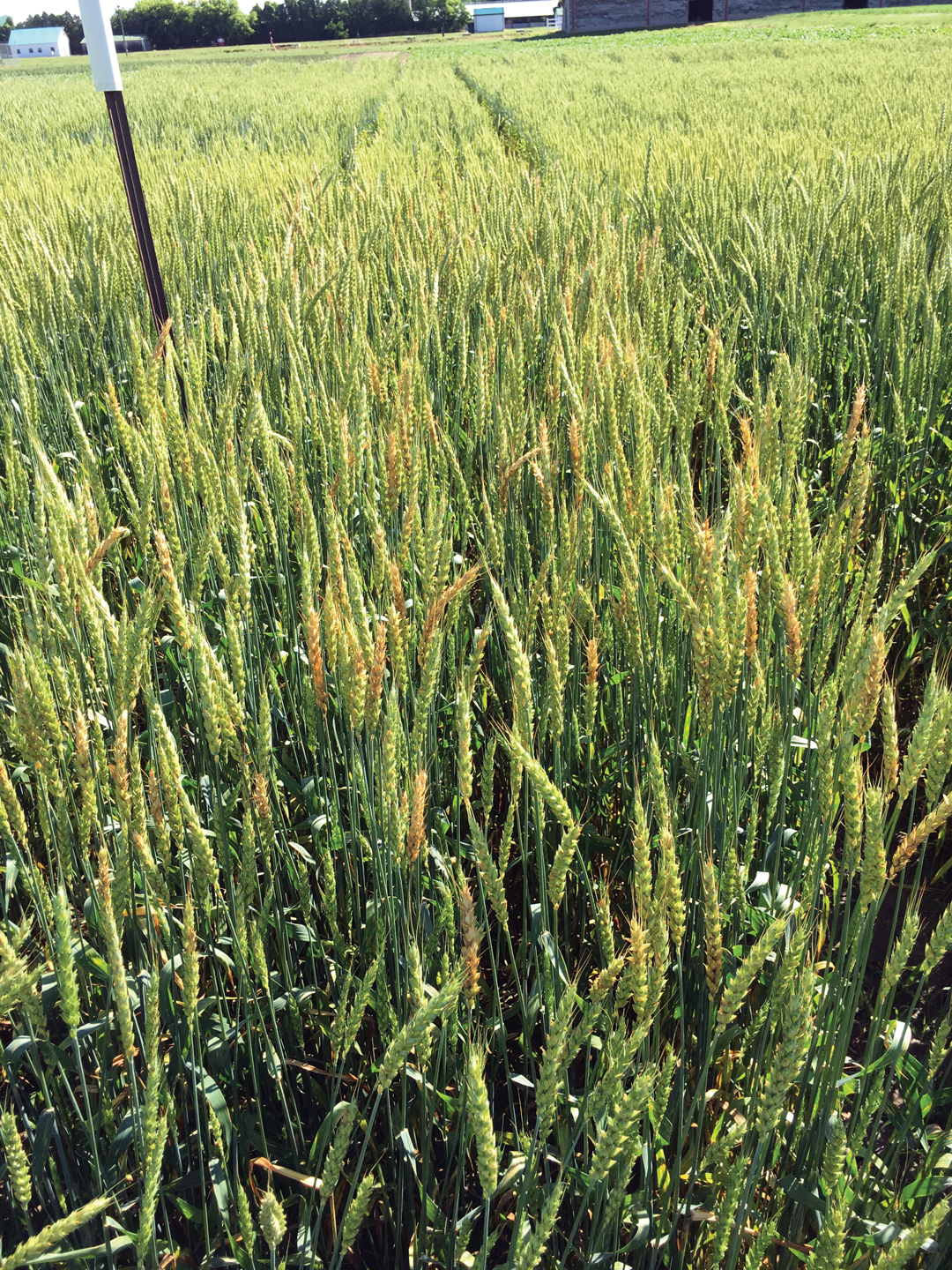LETTER TO THE EDITOR
CGC SERVICES AND CHARGES IN A POST-MONOPOLY GRAIN MARKET
Ending the Canadian Wheat Board monopoly brought with it significant changes in how grain growers relate to other industry participants.
The most important change regarding buyers of your commodity is that your delivery results in a change in ownership, which transfers any further costs to the new owner. Under the old “initial and final” payment scheme, farmers were responsible until their grain was delivered to the new buyer. Yet farmers will no doubt still be interested in the costs, since those costs will be reflected in what we hope is a competitive “basis.”
As for the Canada Grain Act and the Canadian Grain Commission, which is responsible for carrying out the regulations, service charges may be either mandatory or voluntary. You may have noticed that recent buyer settlement documents included the following: “Canadian Grain Commission (CGC) costs are reflected in the price offered.” As of August 1, 2013, CGC costs have increased to approximately $1.80/mt (a projected total of $54.3 million in fees applied to an estimated 30 million mts). According to the CGC, the $1.80/mt should be $1.82/mt at Canadian ports ($1.60 for weighing and loading, $0.15 for oversight, and $0.07 for insurance premiums to cover bankruptcies, etc).
The grain buyers are doing you a favour by identifying where a portion of their “basis” is going. However, some farmers may not be aware that the $1.82/mt only applies to grain destined for Canadian ports and does not apply to grain moving to other North American destinations (such as malt plants, flour mills, pasta plants, crushers, feed mills or U.S. export facilities). The message here is that farmers must know where their grain is going to avoid the $1.82/mt, which may have been quite accidentally added into your “basis” (i.e., 3,000 mts at $1.82 equals $5,460, which buys a to of beer).
The final question for farm organizations and farmers to ask is, “To what extent are CGC service costs necessary, and are they a serious competitive item in the buyer’s basis?” Let’s look at the $0.07/mt for insurance—a cool $2 million per year on 30 million mts. Farmers will not want to insure every commodity, so why pay for the premium? Maybe a private insurer could offer a voluntary plan, which would take the responsibility away from the CGC. What about the other port charges of $1.75/mt? What if all port facility owners posted their fees based on their specific operations (they would all be different based on efficiencies, upgrades, etc.)? That would remove another duty imposed by the CGC, and, at the same time, encourage competition within the port and among country buyers.
Remember, the grades and price are determined at the first point of delivery and are generally based on farmers’ samples. Disputes after that are the buyer’s problem, with many buyers using the services of companies such as SGS, which has representatives in most countries.
Bill Cooper
Saskatoon, SK






Comments